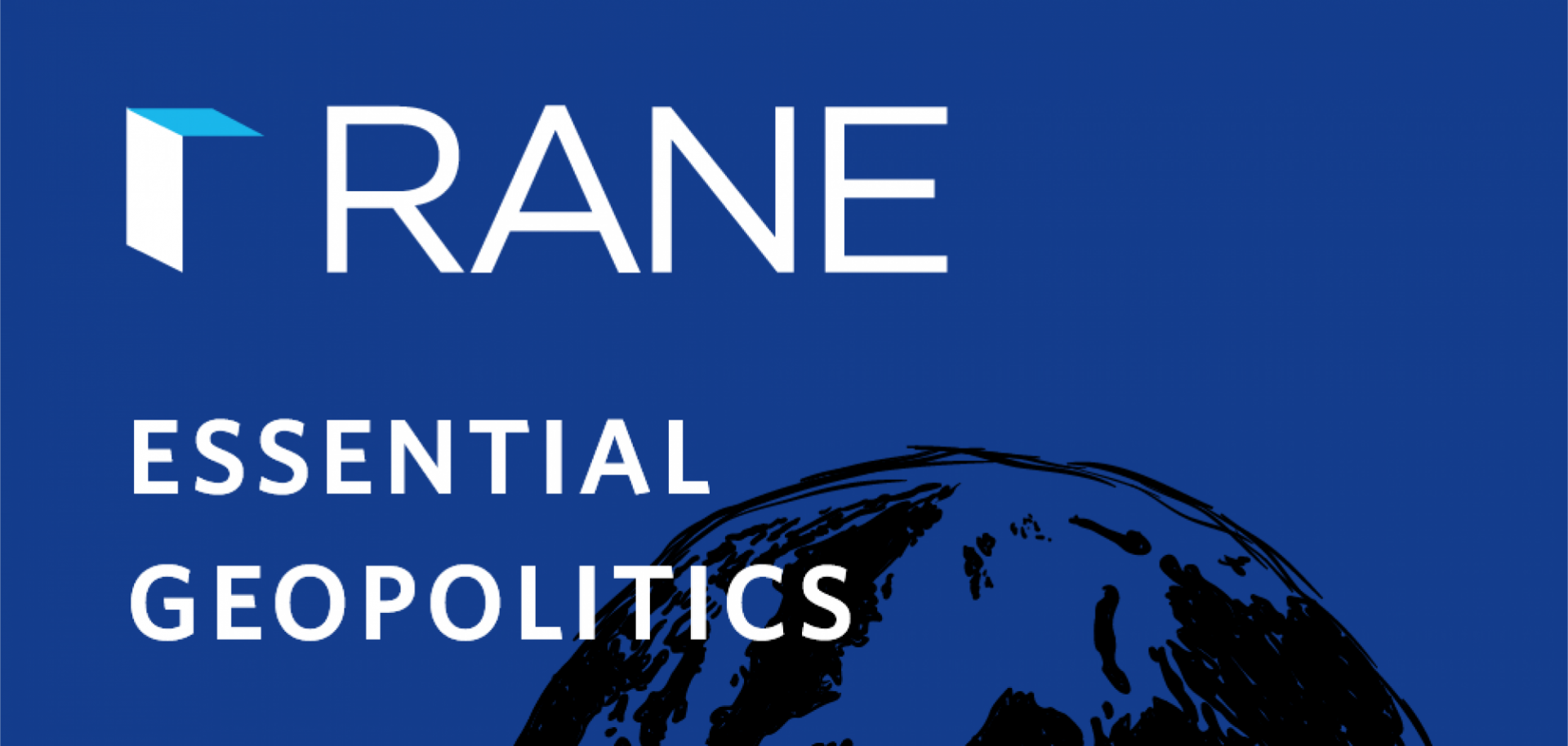In September 2025, Nepal's government banned major social-media platforms, which ignited wider youth protests over corruption, unemployment and elite privilege. After days of deadly protests, Prime Minister K.P. Sharma Oli resigned, paving the way for an interim leader to take charge and call for fresh elections for March 2026. This is the most recent political upheaval in South Asia, and it is reminiscent of the July 2024 protests in Bangladesh that erupted over a controversial job quota system and broader discontent with governance. As a result, long-time Prime Minister Sheikh Hasina stepped down, and an interim government came to power and scheduled elections for February 2026. Nepal's case is also not dissimilar to the widespread 2022 protests in Sri Lanka over the country's economic collapse, fuel shortages and soaring inflation that forced President Gotabaya Rajapaksa to resign and flee the country. In this episode of Essential Geopolitics, RANE's South Asia Analyst Misha Iqbal explores the cause behind recent unrest in Nepal and unpacks the larger trend of political instability in South Asia over the past few years.
Register here to receive a complimentary subscription to RiskBook, our curated email digest with the latest risk news and analysis, delivered every weekday morning.
RANE is a global risk intelligence company that delivers risk and security professionals access to critical insights, analysis and support to ensure business continuity and resilience for our clients. For more information about RANE's risk management solutions, visit www.ranenetwork.com.



